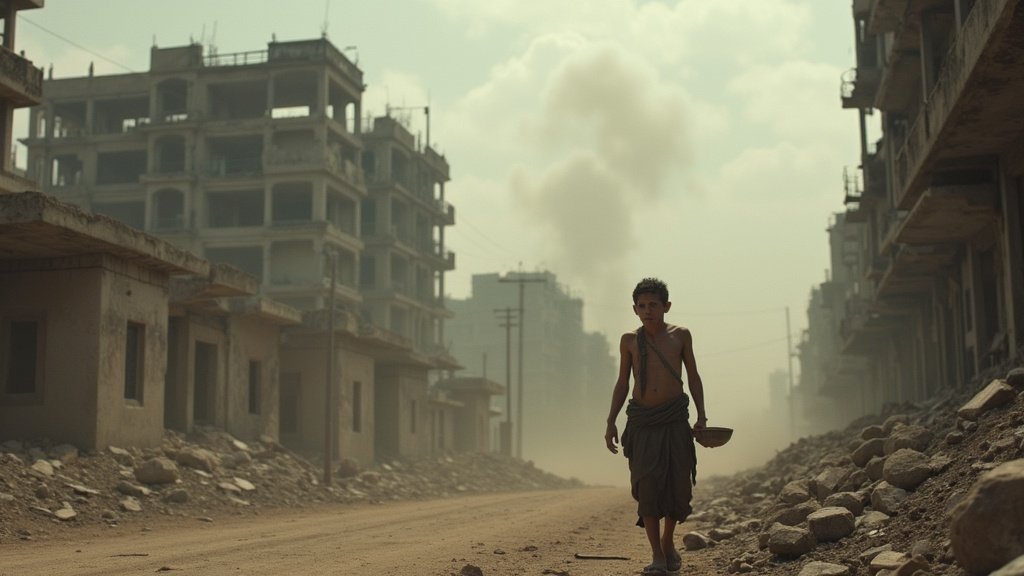Sharm El Sheikh, Egypt – Crucial, indirect ceasefire negotiations aimed at ending the protracted conflict in Gaza have entered their third day in the Egyptian resort town of Sharm El Sheikh, as international pressure mounts for a de-escalation. The talks, however, continue against a backdrop of ongoing violence, with Gaza’s Health Ministry reporting that Israeli forces killed at least eight Palestinians and injured 61 others in the strip within the past 24 hours. This article explains gaza ceasefire talks and why it matters.
The high-stakes diplomatic gathering sees key regional and international players converging to broker a deal based on a 20-point plan proposed by U.S. President Donald Trump. Among the senior officials participating are U.S. Special Envoy Steve Witkoff and President Trump’s son-in-law, Jared Kushner, alongside Qatar’s Prime Minister and Minister of Foreign Affairs, Sheikh Mohammed bin Abdulrahman Al Thani, and Turkey’s National Intelligence Organization Director, Ibrahim Kalin. Mediators from Egypt are facilitating the discussions between representatives from Hamas and Israel, with Israel’s Strategic Affairs Minister Ron Dermer also in attendance.
Ceasefire Negotiations: A Delicate Balancing Act
Progress has been reported in the talks, with both Hamas and Israeli negotiators exchanging lists of prisoners and hostages intended for release as part of a potential agreement. Senior Hamas official Taher al-Nounou expressed optimism, stating that negotiators have demonstrated “necessary positivity” towards reaching a deal. Egyptian President Abdel Fattah el-Sisi described the negotiations as “very encouraging,” highlighting the advancing nature of the discussions.
However, significant hurdles remain. Hamas is seeking firm guarantees that Israel will not resume its military campaign once hostages are released, a point of contention that has derailed previous attempts at a truce. Deeper discussions are anticipated on the more complex issues, including Hamas’s disarmament, the timeline for Israeli troop withdrawal from Gaza, and the future governance of the Palestinian territory.
Continued Violence and Al-Aqsa Provocation
While diplomatic efforts are underway, the conflict’s toll continues to mount. The reported deaths over the past 24 hours add to the staggering toll of approximately 67,200 Palestinians killed and over 169,000 injured since October 2023, according to Gaza’s Health Ministry.
Adding to the charged atmosphere, Israel’s National Security Minister Itamar Ben-Gvir visited the flashpoint Al-Aqsa Mosque compound in Jerusalem. Ben-Gvir, who prayed at the site, called for “complete victory” over Hamas in Gaza. This move was strongly condemned by Hamas as a deliberate provocation and a violation of the established status quo at the holy site.
In related developments, Israeli forces intercepted another humanitarian aid flotilla attempting to reach Gaza, detaining activists on board. This incident follows similar interceptions of previous flotillas, where activists were detained and subsequently deported.
Global Focus Amidst Ongoing Crisis
The current negotiations represent a critical juncture in the prolonged conflict, drawing significant global attention. The presence of high-level representatives from the U.S., Qatar, and Turkey underscores the international community’s commitment to achieving a resolution. The success of these talks hinges on bridging the divides between Hamas’s demands for a permanent ceasefire and a full Israeli withdrawal, and Israel’s objectives of dismantling Hamas and recovering all hostages. The news of these developments is trending globally as a potential turning point. The coming days are expected to be decisive in determining whether a fragile peace can be established, or if the cycle of violence and negotiation will continue. This ongoing news story highlights the complex challenges in achieving lasting stability in the region.
Sources: Reuters




